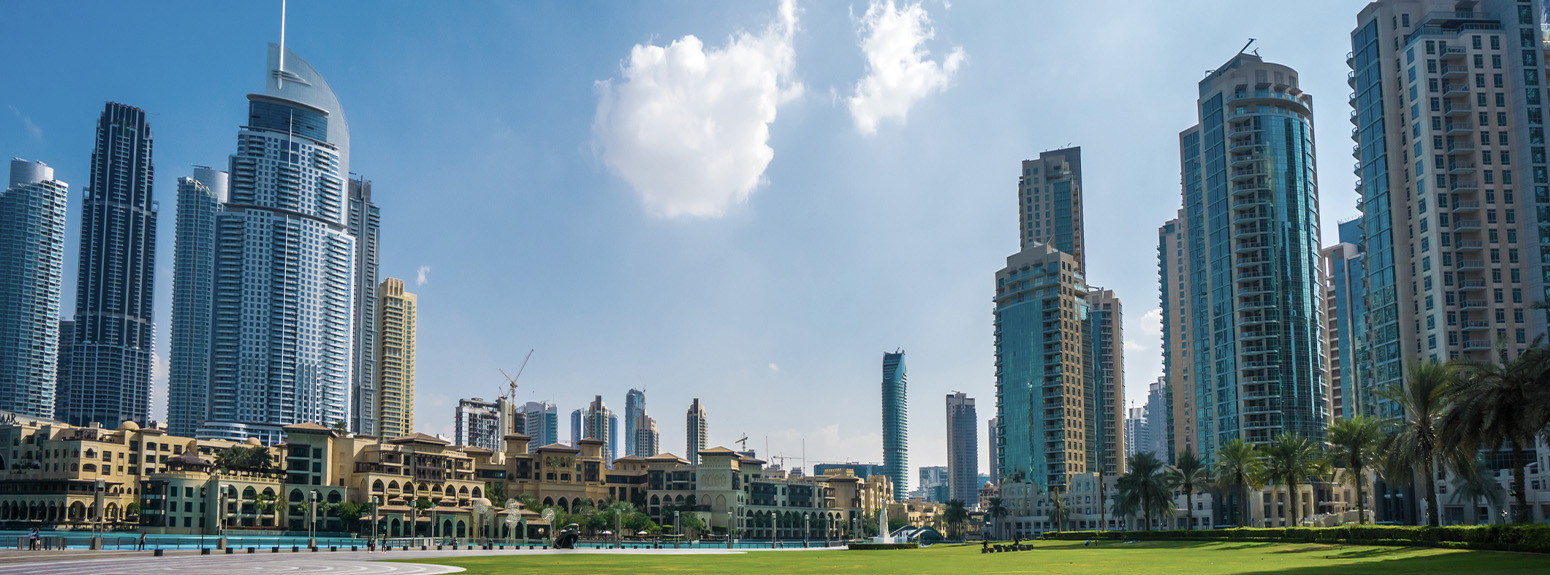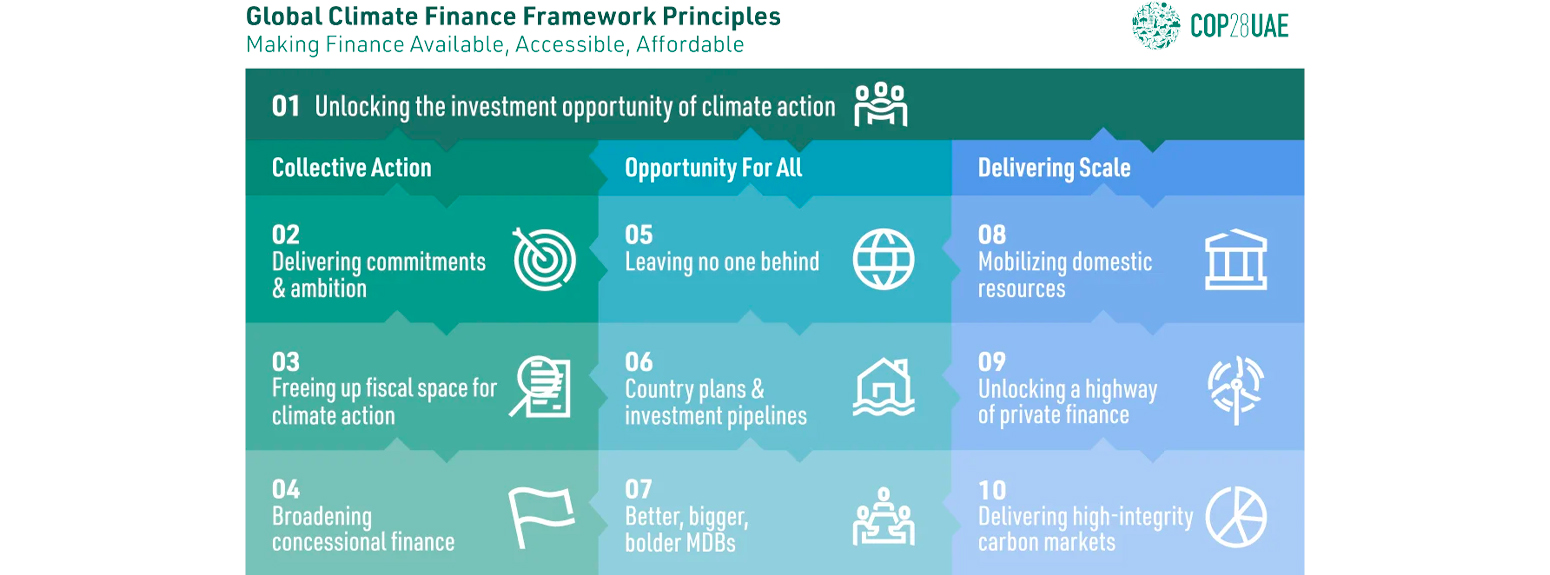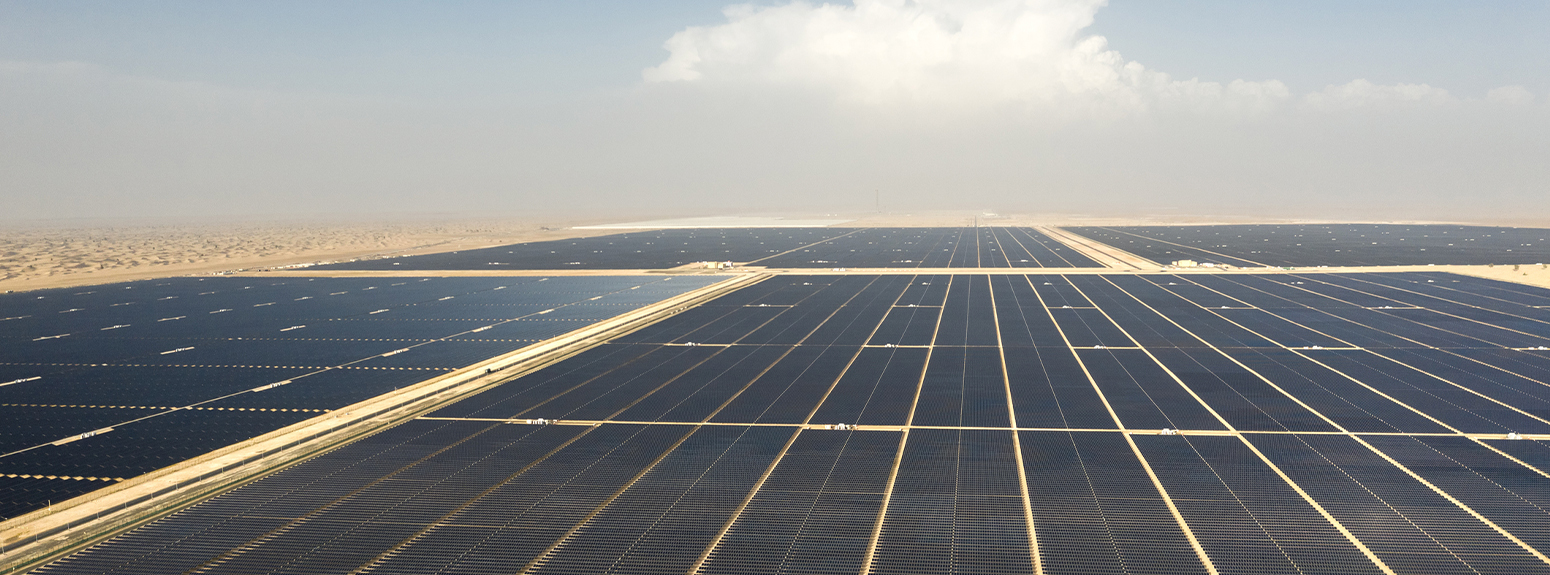COP28: from expectations to consultation outcomes
The last Conference of Parties, COP 28, took place in Dubai, United Arab Emirates, from November 30 to December 12, 2023. More than 90,000 delegates, including member states (Parties) to the United Nations Framework Convention on Climate Change (UNFCCC), came together to present proposals, share scientific data, strategize and set out actions to achieve global temperature targets. Participants included business leaders, young people, climate scientists, indigenous peoples, journalists, various experts and stakeholders. Notable absentees, however, were US President Joe Biden and his Chinese counterpart Xi Jinping, as well as Pope Francis due to health problems.


Despite contradictory aspects due to the large presence of large fossil fuel producers, the UN Conference closed with an agreement that for many marks the “beginning of the end" of the fossil fuel era and lays the foundations for a rapid, just and equitable transition.
Retracing the phases of the long summit, it emerged that 2023 will be the hottest year ever. This evidence have been corroborated by the fact that, for the first time in history, the average daily global temperature increase exceeded 2°C in November. The UN Secretary-General Guterres said that the era of global warming is over and the era of boiling has begun.
To focus the efforts of the global community, the COP 28 program focused on four crucial themes: rapid emission reductions; increased climate finance; implementation of adaptation actions focused on nature, life and livelihoods, and the need to make the ecological transition as inclusive as possible. Alongside government leaders who have worked to reach a common agreement, business leaders and civil society have worked to establish pacts, commitments and "real economy" pathways aimed at concretely reducing greenhouse gas emissions.
In the initial phase of the Summit, have been reached an agreement on the operation of the Loss & Damage Fund, approved by COP 27 with the aim of compensating poor countries for loss and damage due to the climate crisis. The World Bank will host the Fund for four years and has already raised $420 million in commitments ($100 million guaranteed by Italy). The agreement recognizes the cost of extreme weather events that emerging economies have faced such as droughts, floods, and sea level rise.
The theme of climate finance - a "great facilitator" for the European Commission - was at the center of the conference, but without achieving the ambitious results hoped for on the eve of the conference. In addition to the Loss and Damage Fund, the Green Climate Fund (GCF) has received a boost to its second replenishment, with six new countries (now 31) committing to provide additional funding for a total amount of a record $12.8 billion. However, only 13 countries signed the Declaration on a Global Framework for Climate Finance.


A second result achieved with the support of 130 countries is the commitment to work together to triple the world's renewable energy generation capacity to at least 11,000 GW by 2030, doubling the global average annual rate of energy efficiency improvement (from 2% to over 4% year-on-year) until 2030.
Another notable achievement was the signing by 159 Prime Ministers and Presidents (representing about 70% of global food production) of the Emirates Declaration on Sustainable Agriculture, Resilient Food Systems and Climate Action. In fact, for the first time, transforming food systems was among the priorities of the summit, with nations pledging to transform their systems as part of climate action. Specific targets were then set in the respective Nationally Determined Contributions (NDCs) and National Adaptation Plans (NAPs) to achieve by 2025, and has been announced the mobilization of more than $2.5 billion by the global community to support the climate and food agenda.
The conclusion of the climate negotiations, which requires a unanimous agreement on a final text shared by all parties involved, was delayed by a day due to disagreeing positions on content. In the end, with a surprise move Sultan al Jaber, President of COP28, avoided the discussion phase leading to text approval. Although it does not contain the long-awaited concept of phase out of fossil fuels, calls for "Transitioning away from fossil fuels in energy systems, in a just, orderly and equitable manner, accelerating action in this critical decade, so as to achieve net zero by 2050 in keeping with the science".
Among the points of focus on which the Global Stocktake - designed to assess collective progress towards achieving the goal of the Paris Agreement - was given voice to science, reiterating that global greenhouse gas emissions must be reduced by 43% by 2030 and 60% in 2035, reaching net zero carbon dioxide emissions by 2050 to limit global warming to 1.5°C.
Unfortunately, the document is concerned that the parties are off track to meet the goals of the Paris Agreement: the latest forecasts foresee a 14% increase in CO2 emissions between now and 2030, with the time window available to increase ambition and implement agreed commitments increasingly narrow.


The Summit, which saw the participation of Intesa Sanpaolo and Intesa Sanpaolo Innovation Center, highlighted the delays in achieving the objectives of the Paris Agreement, decreeing the end of the era of fossil fuels and laying the foundations for an ecological transition rapid, fair and inclusive.
Another positive element of the agreement is the increased inclusion of adaptation as an increasing focus on critical resources (e.g. water), along with the recommendation to phase out inefficient fossil fuel subsidies as soon as possible. However, without a radical paradigm shift and a true reconciliation with nature, it will be difficult to imagine how to counter global boiling.
With this in mind, the UAE Ministry of Economy has signed a Strategic Master Agreement with Intesa Sanpaolo (IMI Corporate & Investment Banking) and Intesa Sanpaolo Innovation Center to promote the principles of the circular economy and the creation of a circular ecosystem in the country. In addition, Economy Minister Abdullah Bin Touq Al Marrim personally invited the Group to the summit to share expertise related to the circular economy.
Whether seen as a victory or a missed opportunity, COP28 is nonetheless a milestone in the modern history of climate change and the future of all humanity.
